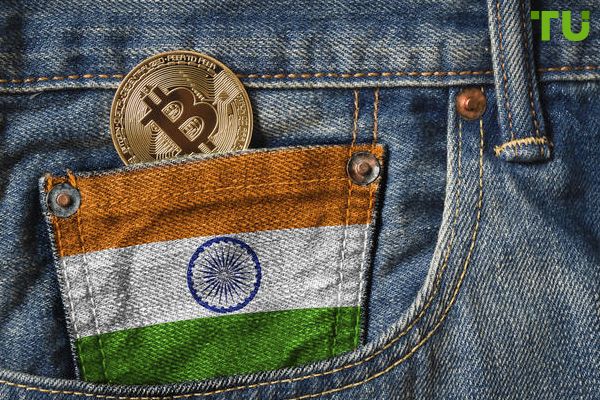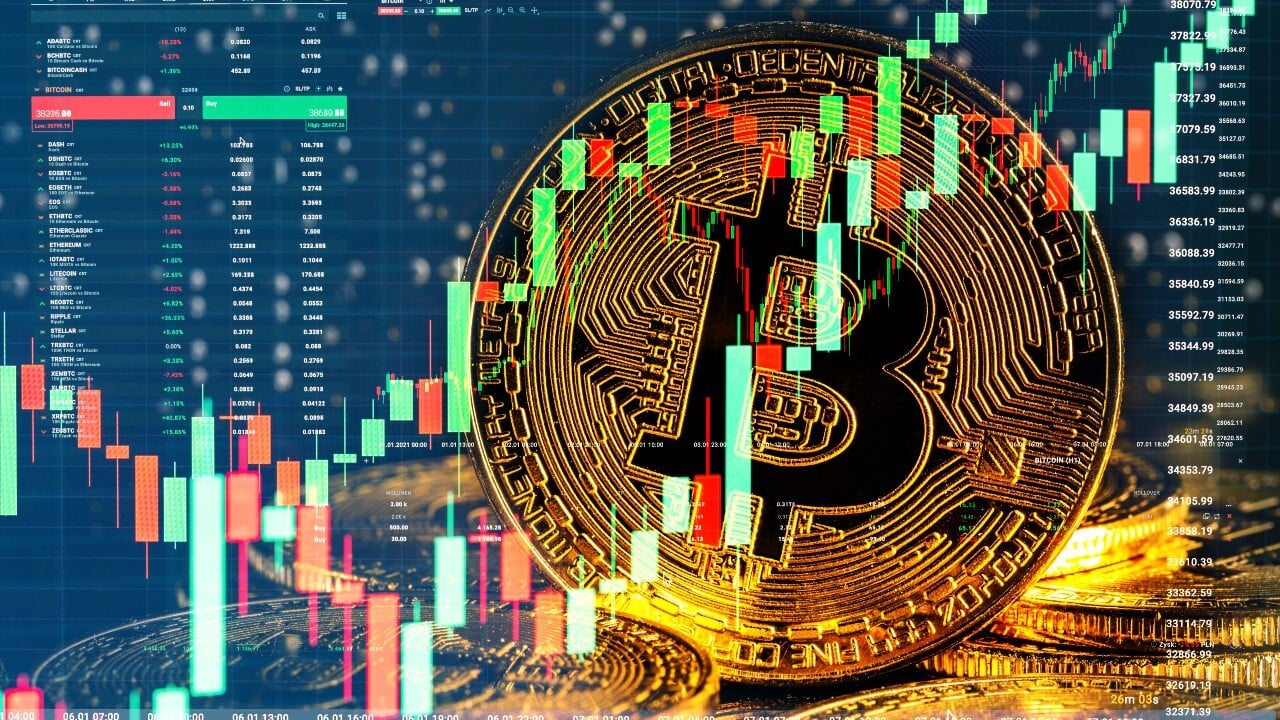Google pulls Binance and other global crypto apps from India store, The notices claimed that the companies had violated anti-money laundering regulations in India.

Google has removed numerous cryptocurrency exchanges from its Play Store in India, the most recent setback to India’s already diminishing hopes for Web 3.
The companies were accused of conducting “illegal” business in the nation, leading to the ban two weeks later. Nine cryptocurrency companies received show-cause notifications from the Financial Intelligence Unit (FIU), an Indian government agency that monitors financial transactions, late last month.
The notices claimed that the companies had violated anti-money laundering regulations in India. ISPs in India started blocking the URLs of the cryptocurrency exchange websites on Thursday night after Apple removed the apps earlier in the week.
The Indian IT Ministry had been requested by the FBI to restrict the websites of all nine Indian services. The apps for Bittrex, Bitfinex, Huobi, Gate.io, and Bittrex have also been removed from exchanges.
Related: Google Play Store will allow more real-money games
“We are aware of an IP block affecting a number of crypto firms, including Binance. This only impacts users who attempt to access the Indian iOS app store or the Binance website from India,” Binance said earlier Friday.
“Existing users who already have the Binance app are not affected. We remain committed to the adherence of local regulations and laws and we are dedicated to maintaining active communication with regulators to ensure user protection and the development of a healthy Web3 industry.”
In an apparent attempt to avoid paying taxes, a large number of Indian dealers have recently shifted to international cryptocurrency platforms. India began taxing virtual currencies last year, levying a 30% tax on the gains and a 1% deduction on each crypto transaction.
While many global platforms haven’t followed suit, India-based cryptocurrency exchanges such as CoinSwitch Kuber, supported by a16z, CoinDCX, backed by B Capital, and erstwhile Binance partner WazirX, still demand stringent know-your-customer verifications prior to onboarding new customers. (Trading volume on WazirX has decreased by an astounding 97% in just two years, in part due to the migration of several traders to international apps.)
Ashish Singhal, co-founder and chief executive of CoinSwitch, wrote on X earlier this week, “CoinSwitch and CoinSwitch PRO, as well as several other Indian VDA exchanges, are already compliant with India’s PMLA requirements for VASPs, and there is no reason why offshore exchanges shouldn’t do the same, should they wish to do business in India.” “Offshore exchanges ought to proactively contemplate enrolling with the FIU-IND and adhere to the AML and CFT protocols of India.” India’s consumer protection will benefit from this as well because the ecosystem would be subject to more regulatory supervision.
The government of New Delhi was earlier forewarned by the Indian cryptocurrency exchanges CoinDCX and CoinSwitch Kuber that a new taxation policy on cryptocurrencies would force many users to go to decentralized exchanges or look for non-compliant services. CoinDCX declared on Tuesday that users who move their cryptocurrency holdings from international exchanges to its platform in India will receive incentives.
India has always had strong opinions about cryptocurrencies and the businesses that facilitate trading in them. About five years ago, the Reserve Bank of India banned cryptocurrencies from being used within the nation. Even while the Indian Supreme Court ultimately overturned this restriction, the central bank has continued to push for the prohibition of cryptocurrencies ever since, and its top officials have compared virtual digital assets to Ponzi schemes.
Another well-known international cryptocurrency exchange, Coinbase, ceased accepting new users in India last year. In 2022, Brian Armstrong, the CEO of Coinbase, said that the Indian central bank was exerting “informal pressure” on the company.


















